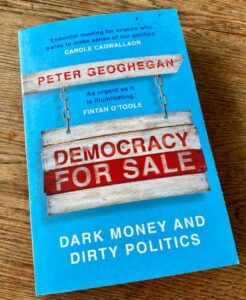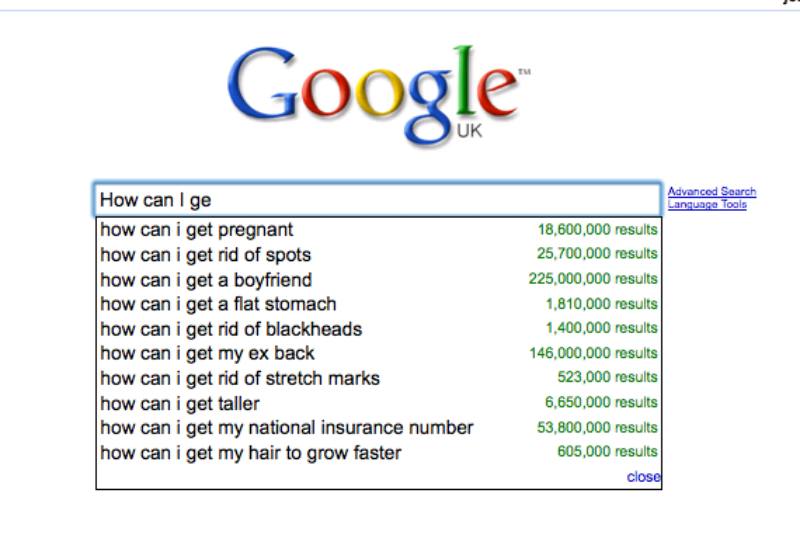Quote of the Day
“Substitute ‘damn’ every time you’re inclined to write ‘very’; your editor will delete it and the writing will be just as it should be”.
- Mark Twain
(I’m editing the text of my Quarantine Diary at the moment, and am finding this principle damn very useful.)
Musical alternative to the morning’s radio news
Paul Simon singing ‘American Tune’ quietly by himself on The Late Show.
Some of the lyrics seem to map directly onto the post below this.
And I don’t know a soul who’s not been battered
I don’t have a friend who feels at ease
I don’t know a dream that’s not been shattered
Or driven to its knees
But it’s alright, it’s alright
For we lived so well so long
Still, when I think of the
Road we’re traveling on
I wonder what’s gone wrong
I can’t help it, I wonder what has gone wrong.
Many thanks to Ian Clark who suggested it, even thought he couldn’t have known what was coming next on the blog.
The unravelling of America
Anthropologist Wade Davis on how COVID-19 signals the end of the American era.
Best long read of the day. The 20th Century was the American one. The 21st will belong to… China?
Odious as he may be, Trump is less the cause of America’s decline than a product of its descent. As they stare into the mirror and perceive only the myth of their exceptionalism, Americans remain almost bizarrely incapable of seeing what has actually become of their country. The republic that defined the free flow of information as the life blood of democracy, today ranks 45th among nations when it comes to press freedom. In a land that once welcomed the huddled masses of the world, more people today favor building a wall along the southern border than supporting health care and protection for the undocumented mothers and children arriving in desperation at its doors. In a complete abandonment of the collective good, U.S. laws define freedom as an individual’s inalienable right to own a personal arsenal of weaponry, a natural entitlement that trumps even the safety of children; in the past decade alone 346 American students and teachers have been shot on school grounds.
The American cult of the individual denies not just community but the very idea of society. No one owes anything to anyone. All must be prepared to fight for everything: education, shelter, food, medical care. What every prosperous and successful democracy deems to be fundamental rights — universal health care, equal access to quality public education, a social safety net for the weak, elderly, and infirmed — America dismisses as socialist indulgences, as if so many signs of weakness.
How can the rest of the world expect America to lead on global threats — climate change, the extinction crisis, pandemics — when the country no longer has a sense of benign purpose, or collective well-being, even within its own national community? Flag-wrapped patriotism is no substitute for compassion; anger and hostility no match for love. Those who flock to beaches, bars, and political rallies, putting their fellow citizens at risk, are not exercising freedom; they are displaying, as one commentator has noted, the weakness of a people who lack both the stoicism to endure the pandemic and the fortitude to defeat it. Leading their charge is Donald Trump, a bone spur warrior, a liar and a fraud, a grotesque caricature of a strong man, with the backbone of a bully.
When I was a kid growing up in Ireland, I bought into the myth of American exceptionalism. Everyone did, then. The Vietnam war cured me of that. But what’s happened to the US as it morphed into a flailing giant is deeply depressing. Will a Biden presidency arrest the decline? I doubt it, so long as the Koch brothers et al continue to maintain a dysfunctional political system and systemic racism and an individualistic culture endure.
And just for the avoidance of doubt, the replacement of US hegemony with a Chinese version is nothing to celebrate either. We’re faced with the choice of lesser evils
Consistent and Widespread Belief in the Threat of COVID-19 to the UK Economy
From the ninth factsheet of the UK COVID-19 news and information project…
Most people still see COVID-19 as quite threatening or very threatening to the UK economy (94%), the health of the UK population as a whole (80%), and their personal health (54%). 41% say COVID-19 is a threat to their personal finances.
This is a really useful project by the RISJ.
Summer Reading #1
(Stuff I’ve been reading, or want to.)
Democracy for Sale: Dark Money and Dirty Politics by Peter Geoghegan, Head of Zeus, 2020.
I’ve reviewed this (forthcoming in the Observer). It’s a compulsively readable, carefully researched account of how a malignant combination of right-wing ideology, secretive money (much of it from the US) and weaponisation of social media have shaped contemporary British (and to a limited extent, European) politics. And it has been able to do this in what has turned out to be a regulatory vacuum — with laws, penalties and regulators that are no longer fit for purpose.
And it’s not just (or even mostly) about Brexit.
Recommended.
QAnon groups have millions of members on Facebook
NBC News report that leaked contents of the preliminary results of an investigation by Facebook shed new light on the scope of activity and content from the QAnon community on the platform.
An internal investigation by Facebook has uncovered thousands of groups and pages, with millions of members and followers, that support the QAnon conspiracy theory, according to internal company documents reviewed by NBC News.
The investigation’s preliminary results, which were provided to NBC News by a Facebook employee, shed new light on the scope of activity and content from the QAnon community on Facebook, a scale previously undisclosed by Facebook and unreported by the news media, because most of the groups are private.
The top 10 groups identified in the investigation collectively contain more than 1 million members, with totals from more top groups and pages pushing the number of members and followers past 3 million. It is not clear how much overlap there is among the groups.
The investigation will likely inform what, if any, action Facebook decides to take against its QAnon community, according to the documents and two current Facebook employees who spoke on the condition of anonymity because they were not authorized to speak publicly on the matter.
Note the phrase “what, if any, action Facebook decides to take”…
This is so depressingly familiar. When will people wake up to the toxicity of this company?
How to find anything on the Web
Wonderful resource. Bookmark it. I knew only a few of the tricks; delighted to learn more.
HT to Charles Arthur
Outcome of Edward Bridge’s appeal on deployment of facial recognition technology by the South Wales police
Last year Edward Bridges, a civil rights campaigner in Wales, found himself in two locations at which he would have been scanned by automated facial-recognition (AFR) technology deployed by the local police force. He brought a claim for judicial review on the basis that AFR was not compatible with the right to respect for private life under Article 8 of the European Convention on Human Rights, data protection legislation, and the Public Sector Equality Duty (“PSED”) under section 149 of the Equality Act 2010. On 4 September 2019 the Divisional Court (“DC”) dismissed Mr Bridges’s claim for judicial review on all grounds. Bridges then appealed.
Today the Appeal Court published its judgment. Bridges’s appeal succeeded on three of the five grounds, but was not allowed on the other two.
I’m no lawyer, but it looks like only a Pyrrhic victory. The Appeal Court agreed that in order to use live AFR, some changes are needed to the framework which supposedly regulates it — e.g amendments to local policy documents and to the Surveillance Camera Code of Practice (which is issued by the Home Secretary), plus further work to ensure that the public sector equality duty is discharged. But the bad news is that the Appeal Court did not accept that lawful use of live AFR requires new primary legislation in order to regulate processing of images in the same way as fingerprints or DNA is processed by the police service. If you believe (as I do) that this technology is largely toxic, then this is depressing news.
This blog is also available as a daily email. If you think this might suit you better, why not subscribe? One email a day, delivered to your inbox at 7am UK time. It’s free, and there’s a one-click unsubscribe if your decide that your inbox is full enough already!



